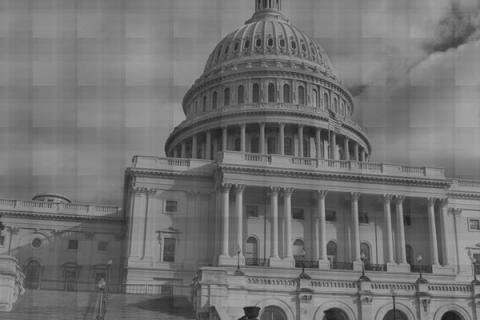During the last 4 national elections, the eligible voting population has grown from 198,381,943 in 2002 to 217,342,419 in 2010. The most recent mid-term election had the highest voter turnout percentage of the last three at a paltry 41.7%. The presidential elections have had a similar voter turnout percentage, hovering in the low 60% range. A roughly 20% difference between mid-term and presidential elections has held consistent throughout the last decade. The smaller differences in numbers can be attributed to other social factors that would cause voters to show up at the polls.
2010 presents an interesting case study because the general public was heavily disapproving of the job our politicians were doing, yet did not show up at the polls in substantially larger percentages. This election also garnered more attention as Tea Party Republicans attempted to take back the House and drive more conservative policies. The news media and public shone a spotlight on the movement, but it did not translate into a rapid expansion in turnout. There is one technical resource that voters have gathered greater access to during the same time period that could explain small rises in turnout and provide an opportunity to bring more voters to the polls in the future.
Today, more voters have access to online information. Now, this allows voters to gather more information on candidates, initiatives, and opinion. Although the Internet is a great resource for voters it is yet to be utilized as a tool for conducting a national election.
The latest round of primaries has shown an even lower level of voter turnout than expected. The last presidential primary was an anomaly of sorts because the democratic nomination was not secured until very late in the race. Although we are still facing high unemployment, multiple wars, soaring deficits, and shrinking civil liberties, the American people aren't showing up to cast a ballot. We can assume based on the numbers that presidential races are the only thing that will boost voter turnout.
